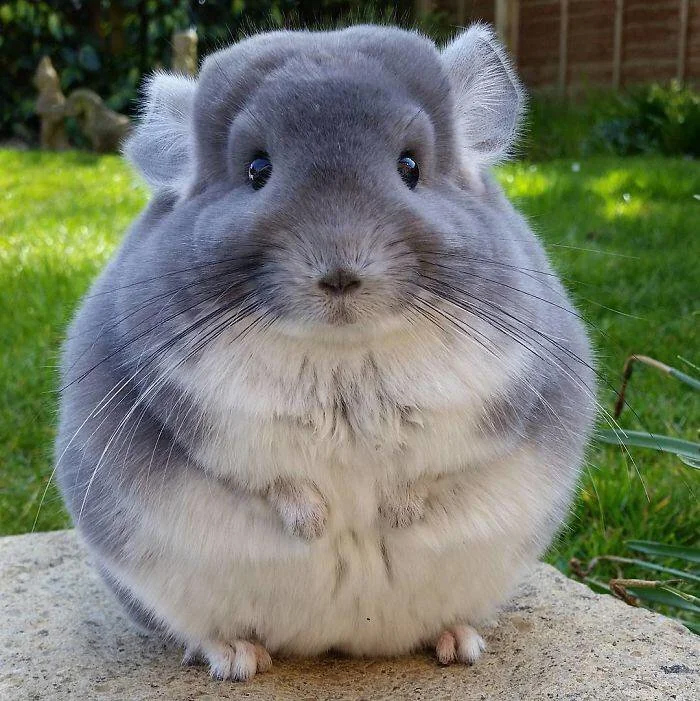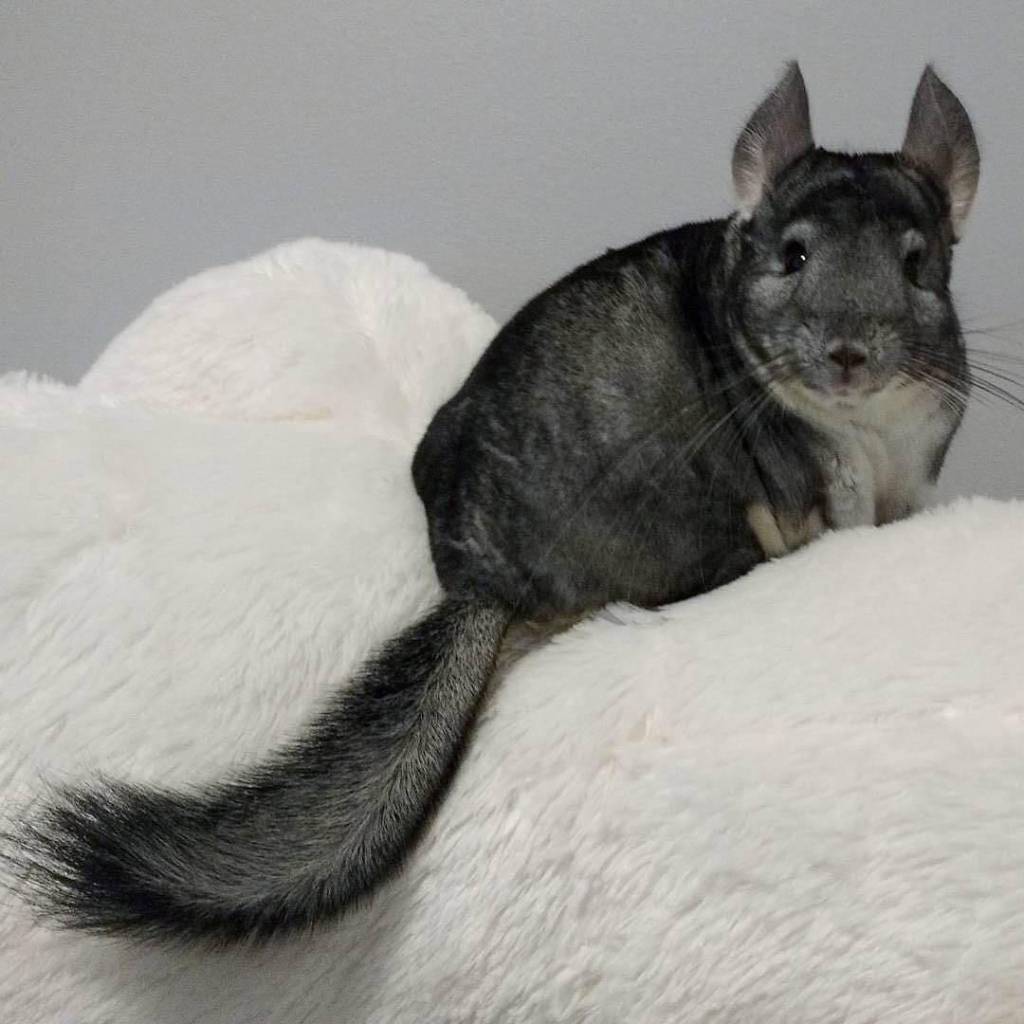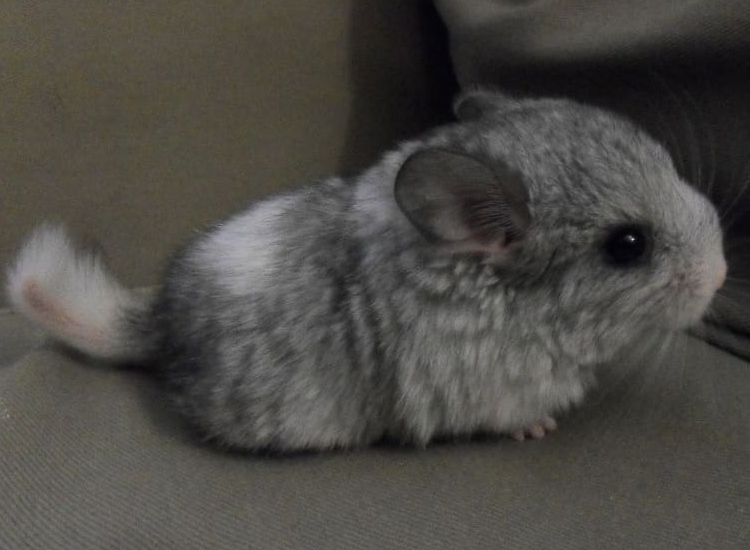Chinchillas are cute, fluffy, and adorable creatures that have become popular pets among animal lovers. They are known for their soft fur, playful nature, and friendly personalities. If you’re planning to get a chinchilla, one of the first things you need to consider is whether to choose a short-tailed or a long-tailed chinchilla. While both types of chinchillas have their own unique characteristics, there are a few key differences that you need to know before making your decision.
In this guide, we’ll explore the differences between short-tailed and long-tailed chinchillas, including their physical characteristics, behavior, and care requirements. By the end of this article, you’ll be able to make an informed decision about which type of chinchilla is right for you.
Physical Characteristics
The most obvious difference between short-tailed and long-tailed chinchillas is, of course, their tails. Short-tailed chinchillas have tails that are only a few inches long, while long-tailed chinchillas have tails that can grow up to 6 inches or more. However, there are a few other physical differences that you should be aware of.

Short-tailed chinchillas have a stockier, more compact build than long-tailed chinchillas. They have broader shoulders, shorter legs, and a rounder body shape. They also tend to have a thicker coat of fur, which makes them look even more fluffy and cuddly.
Long-tailed chinchillas, on the other hand, have a more slender build. They have longer legs and a narrower body shape. Their fur is also typically softer and silkier than that of short-tailed chinchillas. Overall, long-tailed chinchillas have a more elegant and graceful appearance than their short-tailed counterparts.

Behavior
While the physical differences between short-tailed and long-tailed chinchillas are relatively minor, their behavior can vary significantly. Short-tailed chinchillas are generally more active and playful than long-tailed chinchillas. They love to run around, climb, and play with toys. They are also more likely to be outgoing and social with their owners.
Long-tailed chinchillas, on the other hand, are often more reserved and cautious. They may be less interested in playing and may prefer to spend their time hiding or exploring their environment. They can also be more independent and may not be as interested in interacting with their owners.
Of course, every chinchilla is unique, and there can be exceptions to these generalizations. However, if you’re looking for a chinchilla that will be more active and interactive, a short-tailed chinchilla may be a better choice. If you prefer a more independent and laid-back pet, a long-tailed chinchilla may be a better fit.
Care Requirements
Whether you choose a short-tailed or a long-tailed chinchilla, you’ll need to provide them with proper care to ensure their health and happiness. Here are a few key care requirements that apply to both types of chinchillas:
- Diet: Chinchillas are herbivores and require a diet that is high in fiber and low in fat. You should provide them with a diet of hay, pellets, and fresh vegetables. Avoid giving them sugary or fatty treats, as these can cause health problems.
- Housing: Chinchillas need a spacious and secure cage that allows them to climb and play. Make sure their cage has plenty of room for them to move around and has plenty of hiding places and toys. You should also provide them with a dust bath, as chinchillas need to clean their fur regularly.
- Exercise: Chinchillas are active animals and need plenty of exercise to stay healthy. You should provide them with opportunities to run, jump, and climb every day. You can also let them out of their cage for supervised playtime in a safe, chinchilla-proofed room.
- Socialization: Chinchillas are social animals and thrive on interaction with their owners. Spend time with your chinchilla every day, talking to them, playing with them, and giving them treats. If you have more than one chinchilla, make sure they are compatible and have plenty of space to coexist peacefully.
While the care requirements for short-tailed and long-tailed chinchillas are similar, there are a few differences to keep in mind. Short-tailed chinchillas are more active and may require more playtime and exercise than their long-tailed counterparts. They may also be more prone to obesity, so it’s important to monitor their diet and exercise routine.
Long-tailed chinchillas, on the other hand, may be more sensitive to changes in their environment and may require a quieter, more stable living space. They may also be more prone to stress and anxiety, so it’s important to provide them with plenty of hiding places and a calm, predictable routine.
Whether you choose a short-tailed or a long-tailed chinchilla, you’ll be getting a charming and lovable pet that will bring joy and companionship to your life. While there are a few key differences between these two types of chinchillas, ultimately, the decision comes down to your personal preferences and lifestyle.
If you’re looking for a chinchilla that is playful and active, a short-tailed chinchilla may be the right choice for you. If you prefer a more laid-back and independent pet, a long-tailed chinchilla may be a better fit. Either way, make sure you provide your chinchilla with the proper care and attention they need to thrive.






